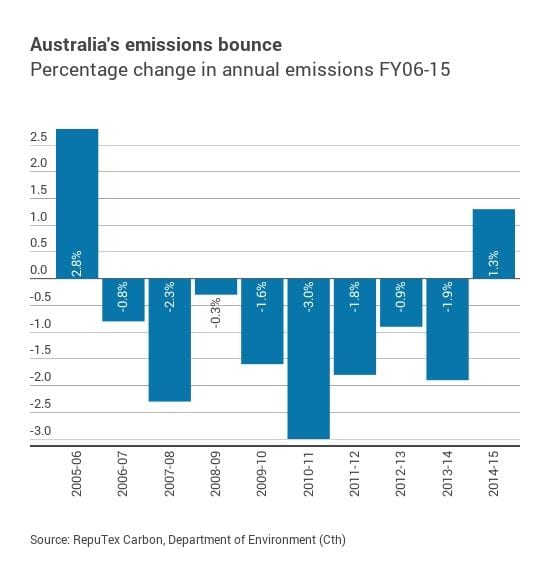3 February 2016, The Guardian, We’re drowning in cheap oil – yet still taxpayers prop up this toxic industry. Those of us who predicted, during the first years of this century, an imminent peak in global oil supplies could not have been more wrong. People like the energy consultant Daniel Yergin, with whom I disputed the topic, appear to have been right: growth, he said, would continue for many years, unless governments intervened. Oil appeared to peak in the United States in 1970, after which production fell for 40 years. That, we assumed, was the end of the story. But through fracking and horizontal drilling, production last year returned to the level it reached in 1969. Twelve years ago, the Texas oil tycoon T Boone Pickens announced that “never again will we pump more than 82 million barrels”. By the end of 2015, daily world production reached 97m . Instead of a collapse in the supply of oil, we confront the opposite crisis: we’re drowning in the stuff. The reasons for the price crash – an astonishing slide from $115 a barrel to less than $30 over the past 20 months – are complex: among them are weaker demand in China and a strong dollar. But an analysis by the World Bank finds that changes in supply have been a much greater factor than changes in demand. Oil production has almost doubled in Iraq, as well as in the US. Saudi Arabia has opened its taps, to try to destroy the competition and sustain its market share – a strategy that some peak oil advocates once argued was impossible. Read More here
2 February 2016, The Guardian, Queensland gives Adani environmental permit for Carmichael coalmine. Huge project clears one more hurdle, but financial uncertainty still hovers over the mine and related rail and port construction at Abbot Point. Adani has secured an environmental permit from the Queensland government to build Australia’s largest coal mine. The Indian conglomerate was issued an environmental authority for its Carmichael mine, west of Bowen in north Queensland, by the department of environment and heritage on Tuesday. It is one less hurdle for Adani’s highly contested plans, after its Australian chief complained last week that delays in government approvals were “incentivising” green activists to plot further legal challenges to stymie the company’s progress. Adani still needs to obtain significant bank funding to realise its $16.5bn mine, rail and port project. It must convince the Queensland government it has obtained “financial closure” before it will be allowed to begin dredging near Great Barrier Reef waters to expand the Abbot Point export facility. A lull in world coal demand and moves in India to rely less on imported thermal coal have cast doubt on the future of the mine. Adani still has to obtain a mining lease from the Queensland government. The state land court last year recommended resources minister Anthony Lynham approve the lease after a legal challenge by conservation group Coast and Country failed to persuade the judge that the mine would have any impact on Asian coal consumption. Read more here

